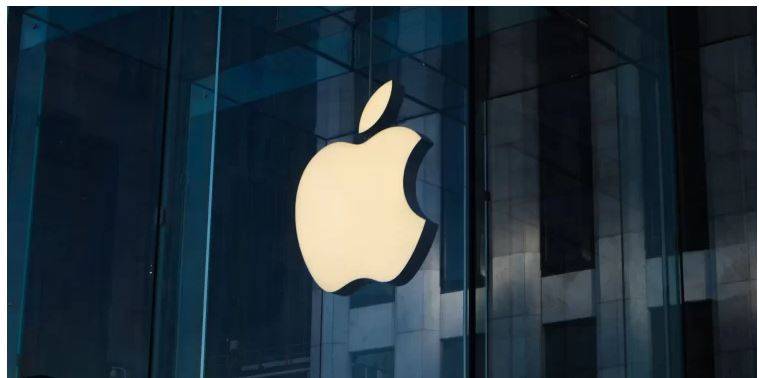Apple Inc. has narrowly avoided what could have been its most significant
crisis since the pandemic, thanks to a crucial tariff exemption granted by U.S.
President Donald Trump. The exemption, announced on Friday, applies to a range
of Apple products, including iPhones, iPads, Macs, Apple Watches, and AirTags,
which were at risk of being subjected to Trump’s 125% tariffs on goods produced
in China. This move provides much-needed relief for the tech giant, as the
tariffs threatened to disrupt its already strained supply chain, potentially
leading to higher costs for consumers.
The announcement also includes a drop in the 10% tariff on goods imported
from other countries, marking another win for Apple and the broader consumer
electronics industry, which remains heavily reliant on China for manufacturing.
However, there remains the possibility of a new sectoral tariff targeting goods
with semiconductors, which could still affect Apple products in the future.
Despite this uncertainty, the exemption offers a temporary respite for Apple,
which has been under pressure to adjust its supply chain in response to
escalating tariffs.
In response to the looming threat of tariffs, Apple has been exploring
alternative strategies, including shifting some of its iPhone production to
India, where tariffs would be significantly lower. India is already on track to
produce over 30 million iPhones annually, potentially covering a large portion
of American demand. However, such a shift would have been challenging to
implement swiftly, especially with the iPhone 17 scheduled for production in
China later this year. The move could have led to price hikes, a difficult sell
to consumers, and possible delays in product launches.
Despite these challenges, Apple has managed to avert a major disruption for
now, thanks to the tariff exemption. The company’s dependence on China is
clear, as approximately 87% of iPhones, 80% of iPads, and 60% of Macs are
produced there. The exemption not only alleviates some of the immediate
pressures on Apple but also buys the company time to adapt to potential future
shifts in trade policy.
While Apple and other tech firms lobbied for tariff exemptions, the
situation remains fluid, with the White House signalling that tariffs could
still be applied to certain goods, particularly those involving semiconductors.
As the global trade environment continues to evolve, Apple’s next steps remain
uncertain, but for now, the company can breathe easier following this
unexpected reprieve.



